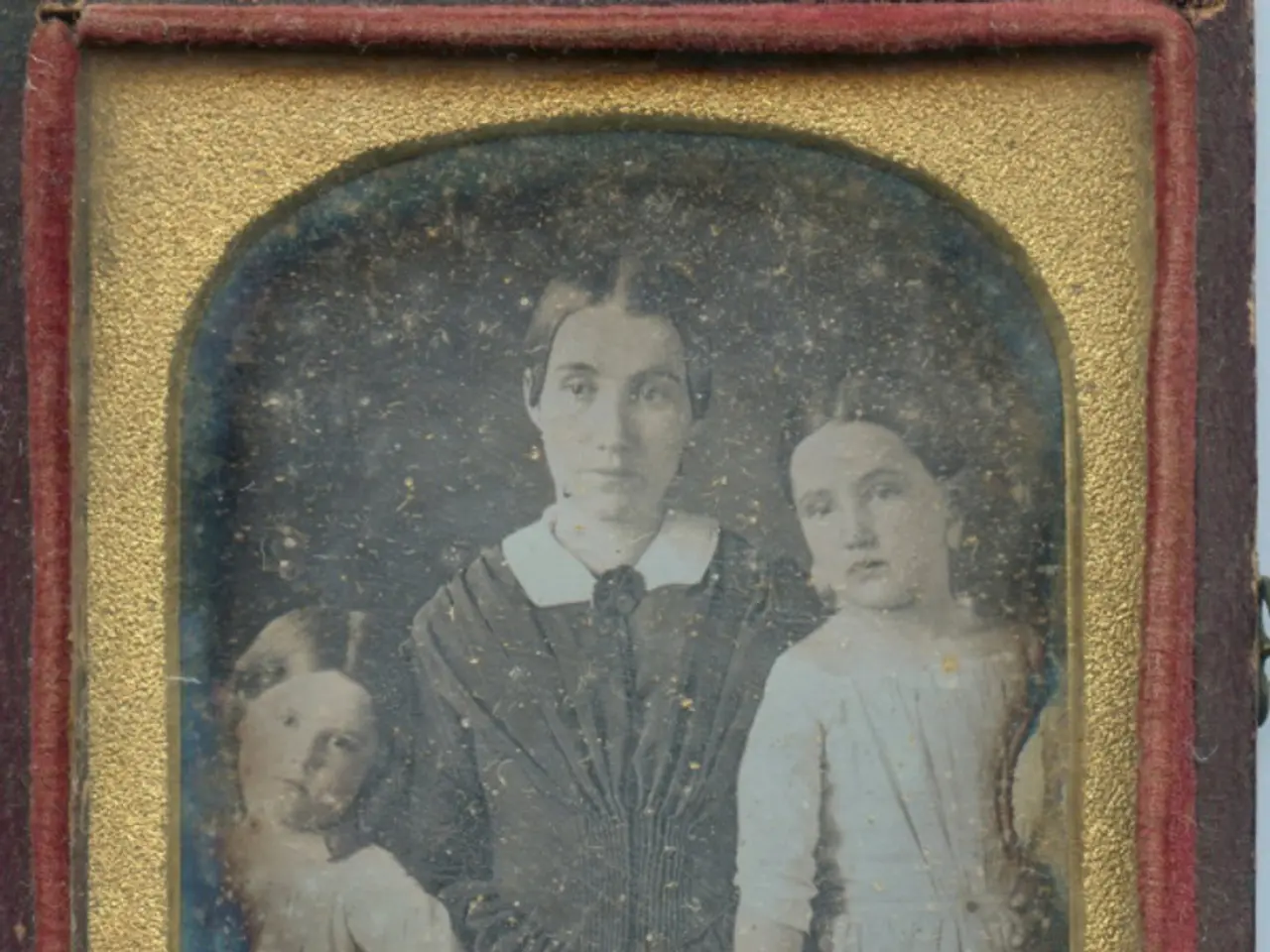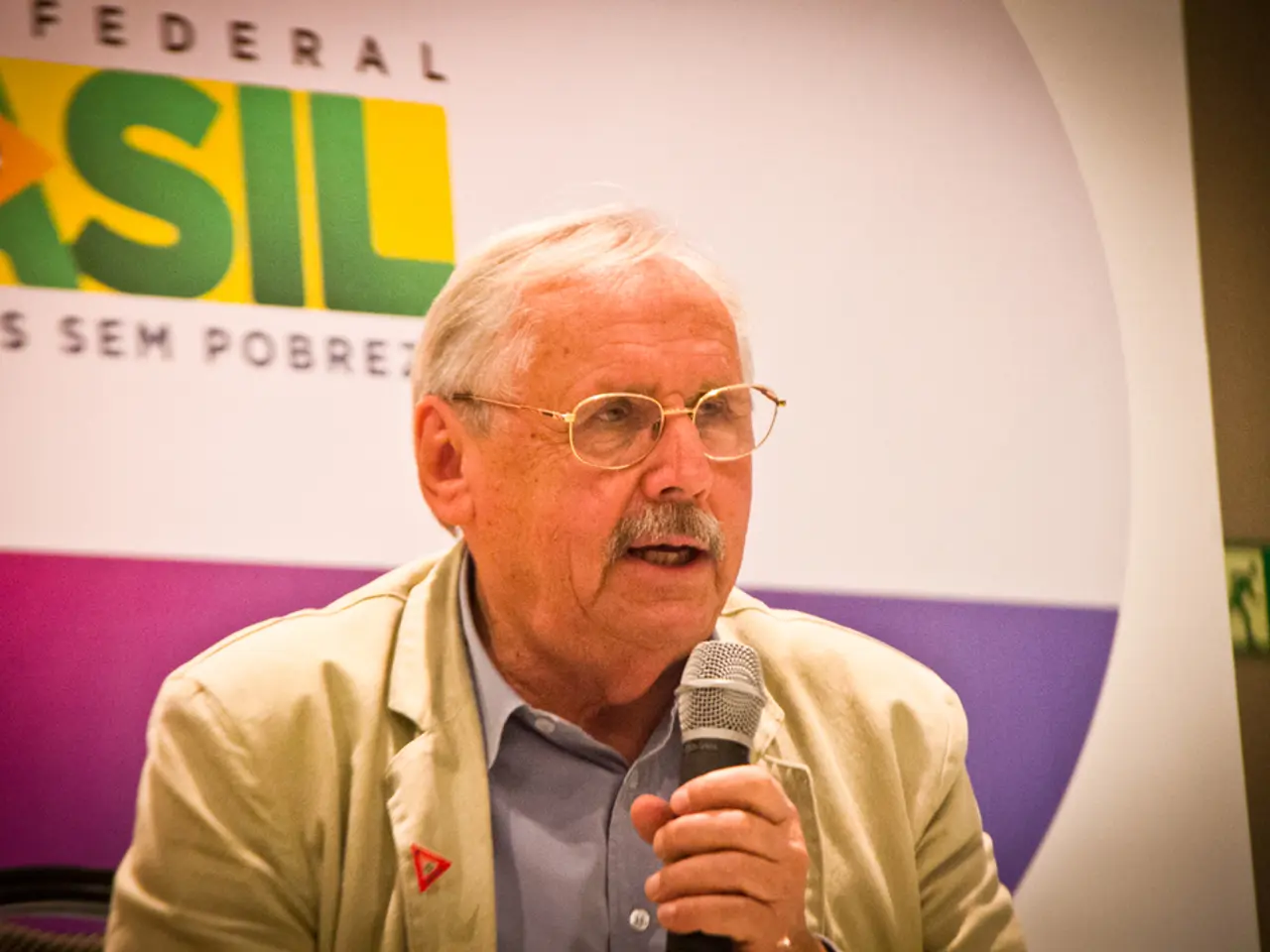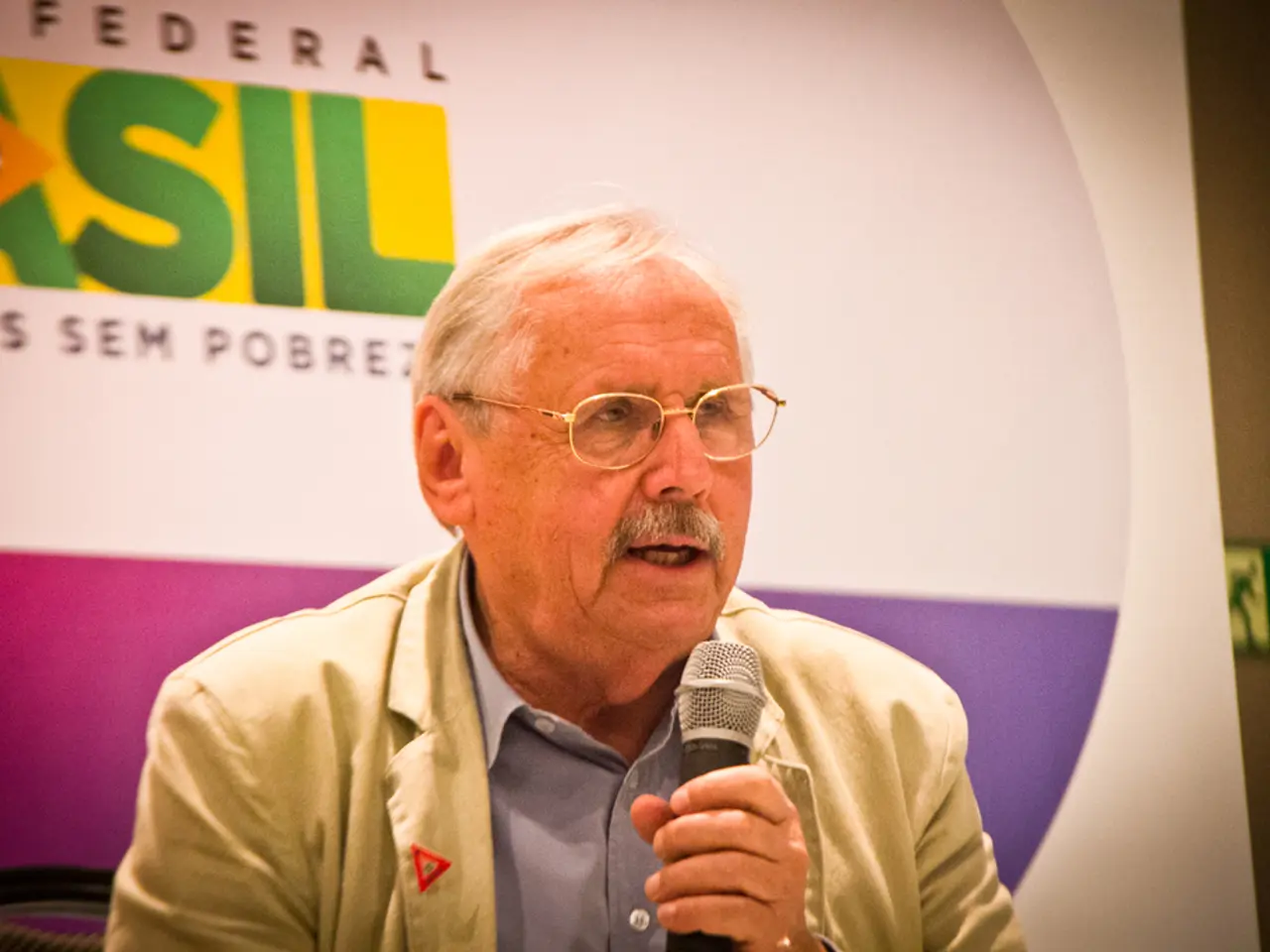Rediscover The Innovative Plastic Company, revolutionizing plastic utilization in today's world.
In the ever-evolving world of architecture and design, The Good Plastic Company (TGPC) is making waves with its innovative product, Polygood. This material, crafted entirely from 100% recycled and recyclable plastics, is setting new standards for sustainability and versatility in the industry.
Established six years ago in Amsterdam by William Chizhovsky, TGPC has been on a mission to create a scalable solution for plastic waste. The company's commitment to sustainability is evident in the creation of Polygood, which can be transformed into panels that mimic materials such as marble, terrazzo, and more, expanding possibilities for large-scale design and architecture projects.
Polygood offers several key benefits. It is non-porous, abrasion-resistant, moisture-resistant, and thermoformable, making it suitable for a wide range of applications across vertical and horizontal surfaces in high-traffic settings and detailed interiors. Moreover, it is available in various colours and patterns, allowing designers to meet both aesthetic and functional demands while maintaining environmental responsibility.
The material's full recyclability is due to its single-material composition with no additives. This means that any recycling facility is able to process Polygood, making it a versatile and sustainable solution for large-scale design and architecture projects. Polygood has achieved significant environmental credentials, including the Declare Label, Cradle to Cradle Bronze certification, an Environmental Product Declaration (EPD), VOC A+ rating, food safety certification, and ISO-compliant quality and environmental management systems.
TGPC's focus on research and development supports the broader industry shift toward sustainable design solutions that do not compromise quality or performance. This is evident in projects like the plinths for the 'Material Alchemists' exhibition at the Triennale Milano during Milan Design Week 2025, where Polygood was used to demonstrate the material's potential.
In addition, TGPC has collaborated with Humanscale, a global leader in ergonomic furniture and workplace innovation, to integrate 'Oyster'-pattern Polygood on the manufacturer's 'Float Micro' table. The 'OLO' table, a collaboration between TGPC and American industrial designer Joe Doucet, was unveiled at New York's Shelter design fair in May 2025. Made from thermoformed Polygood, specifically the 'Growth' collection, which uses discarded refrigerators, washing machines, and consumer electronics to create surfaces with nature-inspired patterns, the 'OLO' table showcases what is possible at the intersection of design and circularity.
TGPC also offers a take-back programme, providing clients with a solution for recycling Polygood after use. This commitment to sustainability extends beyond the production phase, ensuring that the material's lifecycle is as environmentally friendly as possible.
Interior furnishings and fixtures account for as much as ten per cent of a building's overall carbon footprint. By choosing sustainable materials like Polygood, architects and designers can significantly reduce this impact while still meeting the demands of modern commercial design projects. With around 400 million tonnes of plastic produced globally each year, according to the UN Environmental Programme, the need for sustainable solutions like Polygood is more pressing than ever.
In conclusion, The Good Plastic Company's innovations with Polygood are being implemented by leveraging its sustainable attributes and technical versatility to meet the demands of modern commercial design projects while promoting environmental responsibility and compliance. The future of design is undoubtedly sustainable, and TGPC is leading the way with Polygood.
Sports enthusiasts can now enjoy their activities with increased safety and comfort, as Polygood, the innovative material made from 100% recycled plastics, can be used to create sports surfaces. This material's non-porous, abrasion-resistant, moisture-resistant, and thermoformable properties make it perfect for high-traffic settings and detailed interiors, such as sports arenas and playgrounds. Its versatility, combined with its environmental credentials, offers a sustainable solution for sports facilities, contributing to a greener future for sports enthusiasts everywhere.








